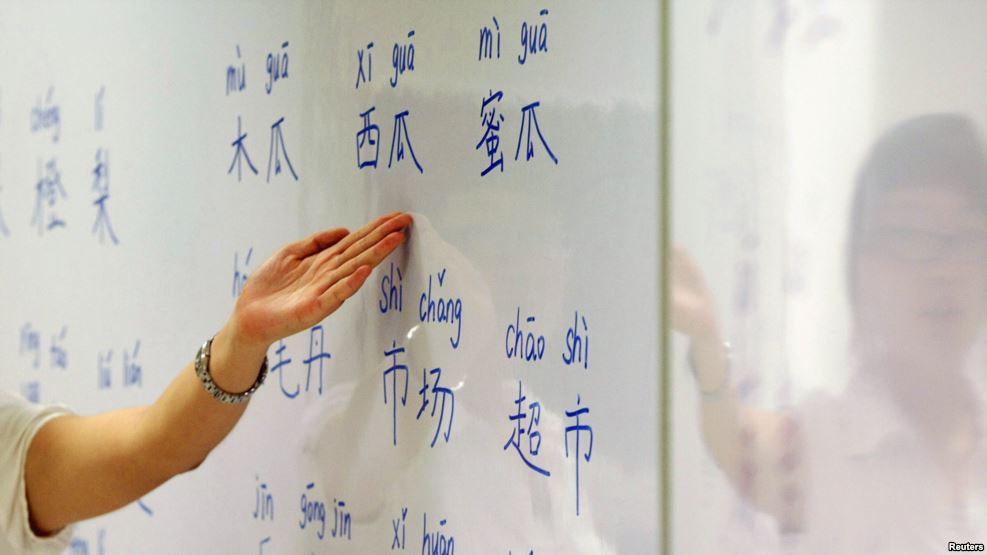
(TibetanReview.net, Jan26, 2017) – China has on Jan 24 expressed determination to continue its push to force ethnic minorities under its rule to adapt the officially promoted Mandarin Chinese language even though this has led to resentment and protests in past years. It has also spoken of taking steps to protect languages that are on the verge of extinction.
In a lengthy policy document mapping out development goals for ethnic minority regions over the next five years, the central government said it would promote teaching in Mandarin, reported Reuters Jan 24. “Fully promote and spread the national common language and script,” it quoted the government as saying, referring also to the use of the simplified Chinese script officially used in China.
The purpose was stated to be to “raise the ability and level of ethnic minority students to grasp and use the national common language and script.”
The policy document is said to stress that focus must be put on areas with limited Chinese abilities, although not naming any location.
The report cited the United Nations as having estimated that more than 100 languages in the People’s Republic of China were at risk of dying out, including Manchu, mother tongue of the country’s last emperor, as Mandarin took over.
Reuters noted that pushing of bilingual education in Tibetan regions had set off protests in recent years, though many parents also wanted their children to take the option of learning Mandarin, also known as Putonghua, to improve the latters’ job prospects. It was the authorities’ push to make Mandarin the only medium of teaching all the subjects, with Tibetan being taught only as a language subject, while calling this a bilingual education system, which led to protests by both parents and students.
Beijing has pushed Mandarin for decades to give a common means of communication in a country where thousands of Chinese dialects and many dozen non-Chinese languages like Tibetan and Uighur are spoken, the report said.
Cantonese Chinese speakers have also staged protests in the past.


